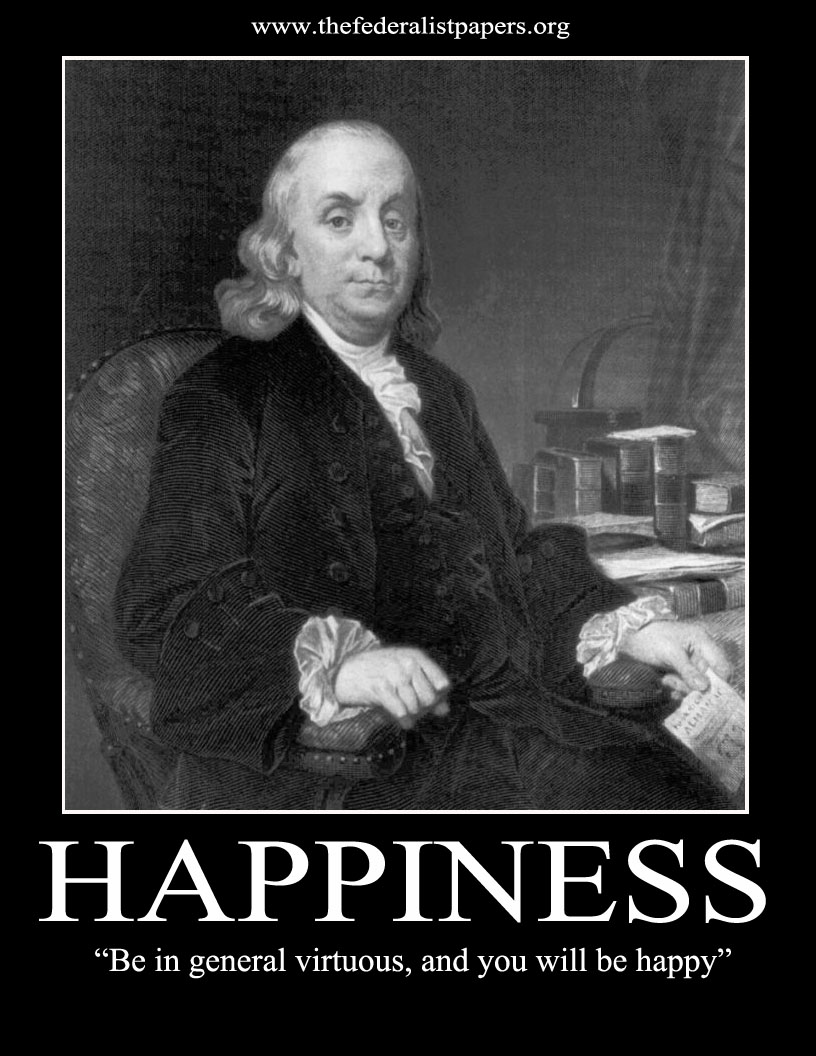

Spire diametrically contrary principles" to the inordinate love of material gratification and "impose on man some duties toward his kind." "The love of well-being is now become the predominant taste of the nation the great current of human passion runs in that channel and sweeps everything along in its course." Although he saw important differences between the pursuit of wealth in America and that in Europe, Tocqueville nonetheless worried about the potential unbending of the soul’s "springs of action." He noted that religion’s great advantage is to "in

He found in America "a taste for well-being" and "an inordinate love of material gratification." Tocqueville was overwhelmed by the tremendous energy and vitality he found in America, most of it directed in the pursuit of commerce. With a system resting in large part on self-interestedness and with the determination that fostering the higher qualities in man was not properly the purpose of government, it is not surprising that early observers such as Alexis de Tocqueville discerned a certain emptiness in American life. In their abandonment of or at best, lack of faith in extra-governmental institutions concerned with the formation of mens’ character, Publius appears to endorse the lowered expectations of what one should expect from the citizenry.

The efficacy of various principles is now well understood, which were either not known at all, or imperfectly known to the ancients." Madison and Hamilton’s faith in mans’ ability to design institutions of government capable of constraining mans’ lower impulses and supplementing traditional forms of restraint on human behavior is somewhat disturbing. Alexander Hamilton noted in Federalist #9 that "the science of politics, however, like most other sciences, has received great improvement. The focus on institutional arrangements found in The Federalist Papers represents Publius’ faith in the new science of politics and in the ability of man to order his life. There is little talk of fostering the kind of character the republican polity "presupposes." Madison is very forthright in telling us what won’t work in controlling the passions and interests of an overbearing majority: "If the impulse and the opportunity be suffered to coincide, we well know that neither moral nor religious motives can be relied on as an adequate control." The control of faction – that "mortal disease" – requires institutional arrangements." Instead, the overarching principle of the Madisonian system is to channel the passions in harmless directions to counter ambition with ambition. A sense of public spiritedness, which Madison found necessary in Federalist #55, is not to be assumed in one of his most important papers, Federalist #10. There appears to be grounds for indicting the federalists on this count in many ways their scheme of government involves little more than a blueprint for negative checks on human behavior. This particular form of government, according to Madison, "presupposes the existence of these qualities in a higher degree than any other form." It would seem a legitimate and important question to ask whether the federalists or the anti-federalists envisioned a form of government capable of nurturing these "better qualities." In Federalist #55, James Madison discussed the character of the citizenry and its relation to the success of republican government.


 0 kommentar(er)
0 kommentar(er)
